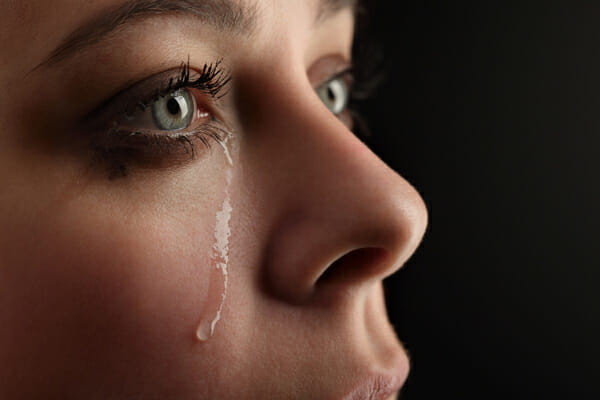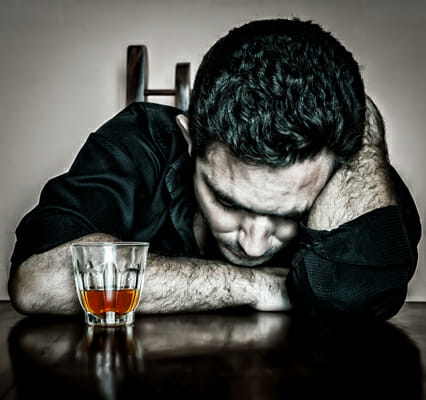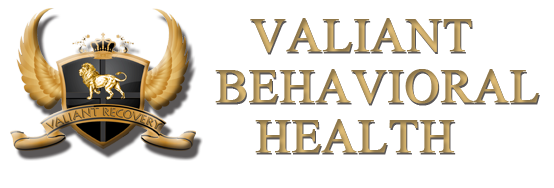A 2012 survey revealed that close to 8 million people in Canada suffer from addiction. And of all the substances that are abused, alcohol is the most abused substance in Canada by a wide margin. While it might be hard to put this number into perspective, more people from 2015 to 2016 were hospitalized for alcohol-related harm than were hospitalized for heart attacks.
Addiction is a real disease that affects so many, and it might even be silently affecting someone close to you – or, maybe that someone is you.
While addiction does not necessarily need a major trigger, it does oftentimes have one. It could be the death of a loved one, the ending of a relationship, or even the result of struggling with a mental illness. And, this is where the formidable relationship between depression and addiction comes in.
What is depression?
Everyone experiences “ups and downs” during their life. It is normal to feel sad and it is even normal to experience periods of sadness that go beyond just one day. It is normal to cry or feel insecure or upset or emotional – this is part of life.

However, if you find yourself feeling these feelings every day then you might be classified as being “depressed” or suffering from “depression.”
There is a difference between normal life experiences and the “down” periods that come with those and the very real illness known as depression.
Depression affects the entire body – it doesn’t stop at just the mind. And because of its significant impact, it can leave the individual feeling a wide range of physical symptoms from fatigue to joint pain to muscle pain and even stomach complaints.
According to Statistics Canada’s 2012 Canadian Community Health Survey (CCHS) on Mental Health, 5.4% of the Canadian population aged 15 years and over reported symptoms that met the criteria for a mood disorder in the previous 12 months, including 4.7% for major depression and 1.5% for bipolar disorder.
What is the correlation between depression and addiction?
For most people suffering from normal life experiences and emotions, the down periods can alleviate themselves in an ordinary fashion, in a reasonable time period and can often be remedied by normal and healthy things that make us happy.
However, when one suffers from clinical depression, it can be hard to find enough joy in normal, healthy, everyday activities to combat the severe feeling of sadness and despair.

Because of this seeming lack of relief from the depressive disorder they are battling, many people find themselves a victim of substance abuse. The appeal of substance abuse comes from the individual feeling like it is lifting their spirits or numbing the painful thoughts they are experiencing. Unfortunately, these two conditions will often feed each other and only make each condition worse.
When an individual suffers from both depression and addiction, it is known as a dual diagnosis. A dual diagnosis does not just apply to depression and alcohol, but rather to a combination of a mental disorder and an addiction. For example, it could be bipolar disorder and gambling. Or, it could be anxiety and sex.
The correlation between addiction and depression can go both ways – either people find themselves turning to addiction to help “relieve” their depression, or they find themselves suffering from depression because they cannot escape the grip of their addiction. Regardless of which disease is feeding which, it can be hard to overcome the feeling of entrapment this pair can cause and it is never too late to get help.
The DAD Effect
DAD: Depression, Addiction and Denial.
The DAD effect is something that more and more experts are starting to agree on and agree is a growing concern – depression and addiction oftentimes go hand-in-hand, but it is not always very clear which one comes first. However, we do know that once someone slips into the grip of this pair, denial often follows.
It can be hard to admit that you are depressed. It can be hard to admit that you have an addiction. And it can definitely be hard to admit that you are affected by both. In fact, you might be in denial that you even suffer from depression. Oftentimes, those suffering from some sort of substance abuse, such as alcohol abuse, suffer from depression as a result but are not even aware of it. In other words, their addiction has completely taken the reigns of their lives.
Asking for help takes courage, but it is necessary to overcome this formidable pair. Furthermore, it can often be difficult to evaluate which illness to treat first which is why getting the insight and help of an outside, trained professional can be vital for your successful recovery.
The Dangers
Depression and substance abuse can both have mind-altering effects. When you are suffering from one of these, you can easily fall into risky situations. And when suffering from both of these, you are that much more likely to fall into risky situations.
While some people think their addiction is helping them cope with their depression, it is actually increasing their risk of dangerous things like suicide. The two illness are feeding each other while also inhibiting your ability to make smart and informed decisions.

It is not by any means impossible to cope with or overcome depression without addiction. And it is not by any means impossible to overcome addiction even if you suffer from depression.
Conclusion
If you find yourself in the midst of addiction, depression, or both know that you are not alone. Millions of adults are suffering from these same illnesses, and sadly, far too few are actually doing something about it and getting help for them. But you can make the decision to be one of those that are getting help.
Let us help you find peace and joy in the freedom of addiction. Let us help you find healthy ways to cope with your depression, rather than masking it with something just as damaging.


